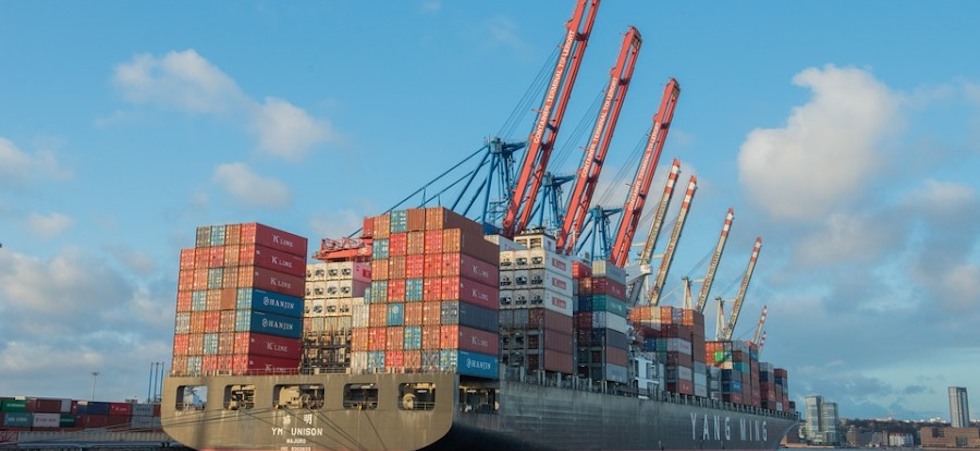The Food and Drink Federation (FDF) has published its Q3 Trade Snapshot report for Q3 (January – February) 2023, finding that the UK’s largest manufacturing sector had a total export value of £6.2 billion, a 5.5% decrease year-on-year (YoY).
The FDF reported growth in the value of many top food and drink export products, but said that “high inflation and the successive shocks of Covid-19, Brexit and the war in Ukraine” has seen the volume for many important products such as beef (-20%), chocolate (-15.8%) and breakfast cereals (-13.4%) “sharply falling”.
Ireland continued to be the highest export market, rising by 6.9% to £3 billion. In the same period there was a fall in growth for most of the UK’s major trading partners like France, the United States and the Netherlands. The FDF said that this trend could be compounded by the UK’s Government proposals to make it mandatory to have ‘Not for EU’ on labels for products sold on the GB market and the damaging impact this will have on exports to the EU.
The Federation stated that small and medium-sized enterprises (SMEs), which represent 97% of the UK’s food and drink manufacturers, will be the hardest hit on labelling costs. It said that firms that want to invest and expand their businesses through exporting will incur “significant additional costs” to introduce a separate production line for food that will be sold in the EU including Ireland. The FDF also said that for those already exporting, the additional costs this change imposes will make it too expensive for some to justify selling abroad and they will stop exporting.
The report also revealed that imports have held firm up 3.6%, led by growth from European markets, with fruit remaining the UK’s largest import despite a 7% decrease in volume driven by decreasing imports of apples (-16.8%), oranges (-18.2%) and melons (-18.6%).
Facing supply chain challenging
Balwinder Dhoot, director of industrial growth and sustainability said: “The planned introduction of ‘Not for EU’ labelling will create a new barrier to trading with our largest export markets in Europe and poses a significant risk to exports. We urge the Government to work with industry to come up with a solution that does not impede our export capabilities.
“Imports play an important role in our food supply and we saw a rise over this period. There is room to improve processes further through improving duty suspensions, no more delays to the border target operating model, as well as the continuation of the Government’s FTA programme.”
Nicola Thomas, director at the Food and Drink Export Association said: “UK food and drink exporters continue to face stiff supply chain and inflationary challenges, coupled with domestic pressures which have shifted focus away from overseas markets for some.
“Conversely however, we are also seeing that those same domestic pressures are highlighting the risks of operating solely in the home market and, along with the new FTAs on the horizon, are encouraging other industry players to start exporting as a route to future growth.”









